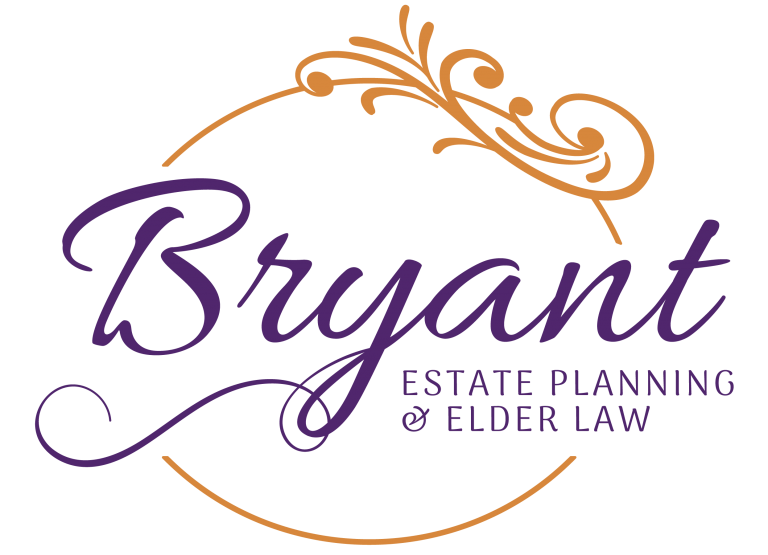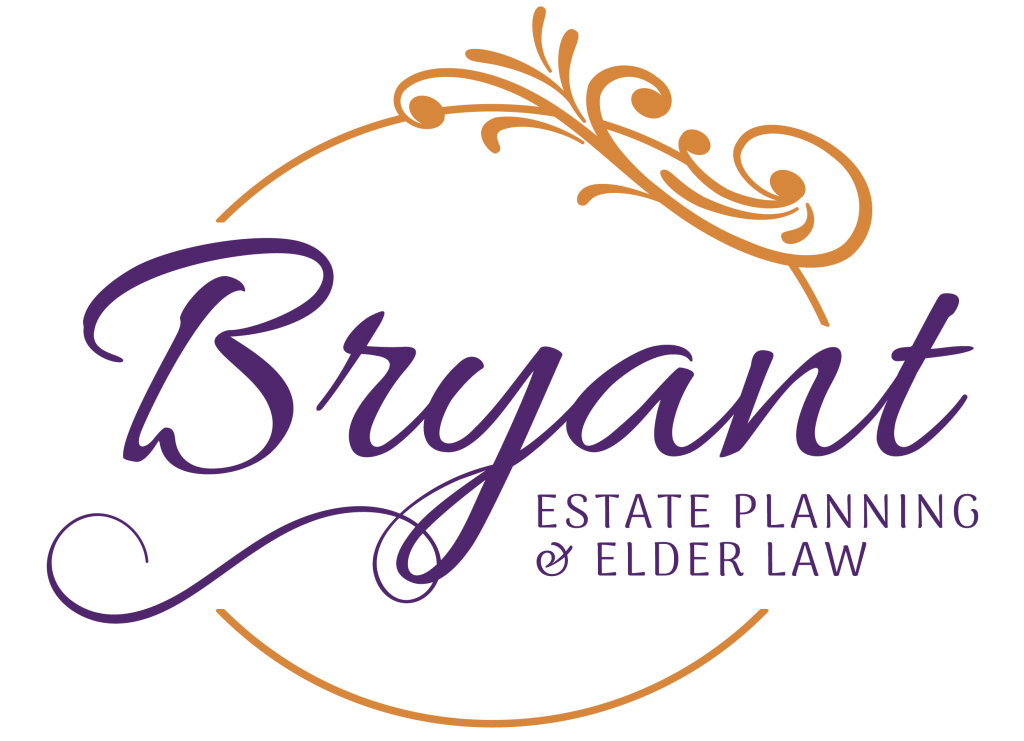With advances in medicine and technology, the average life expectancy for Americans is at 78.7 years, but many are living into their 90s and beyond. As a result, it is now common for adult children who are in their 60s and 70s to be caring for aging parents. Nearly 17 percent of adults end up providing care for their parents, and when they do, the commitment is large-77 hours per month. Additionally, the amount of care provided is at its highest when the adult children are the oldest (e.g., those over age 70 provide 95 hours of care per month on average). This is because when parents who have reached their 80s, 90s or higher are more likely to have chronic illnesses and related physical issues that require assistance.
There are serious consequences for those caregiving later in life. It can take an extreme physical toll assist a parent who needs help getting in and out of a car, to help them go from sit to stand, to try and catch them if they start to fall. It is important to practice safe lifting techniques when transferring loved ones, and to use tools to help you (e.g., gait belts, pivot pads, lever bar, and grab bars) to avoid injury to you or your loved one. The emotional stress of caregiving can also cause burnout, which can lead to sleep, fatigue, fighting constant colds, changes in eating habits, a feeling of hopelessness, anxiety, and depression. Finally, the financial consequences of having to take time off from work, or for some, retire early has lasting effects on retirement.
It is important to understand the options available to help you help your parents from in-home care and adult day programs; assisted living and board and care; to skilled nursing care. Although many of these options have significant costs, Medi-Cal may offer some financial relief. Medi-Cal will cover the cost of skilled nursing home care. Although Medi-Cal is a resource-based program, there are many strategies available to Californian residents to qualify for benefits without having to spend down your assets. If your parents are keen to stay in their own home, you could always look into Senior Home Care in Minnesota, for example. That would result in a professional caregiver coming to their home and providing the necessary care for your parents, whilst also providing companionship for them too. Be sure to look into other methods too.
If you are an older caregiver, it is important to surround yourself with good resources, and understand the care options available to your parents. If you need some suggestions for caregiving resources in your area, please contact our office at (408) 217-2977. The Family Caregiver Alliance: National Center on Caregiving also offers numerous resources and a national telephone hotline at (800) 445-8106.
All materials have been prepared for general information purposes only to permit you to learn more about our firm, our services, and the experience of our attorneys. The information presented is not legal advice, is not to be acted on as such, and may be subject to change without notice.




